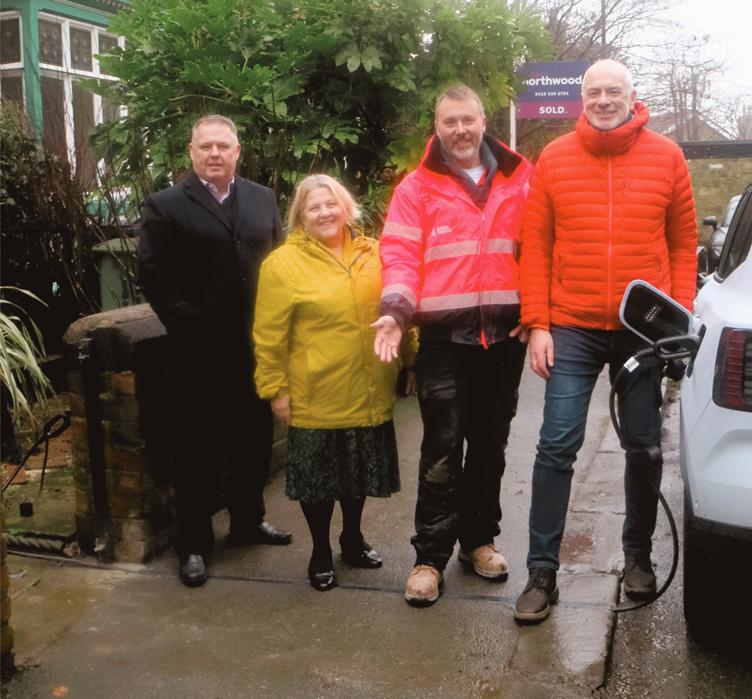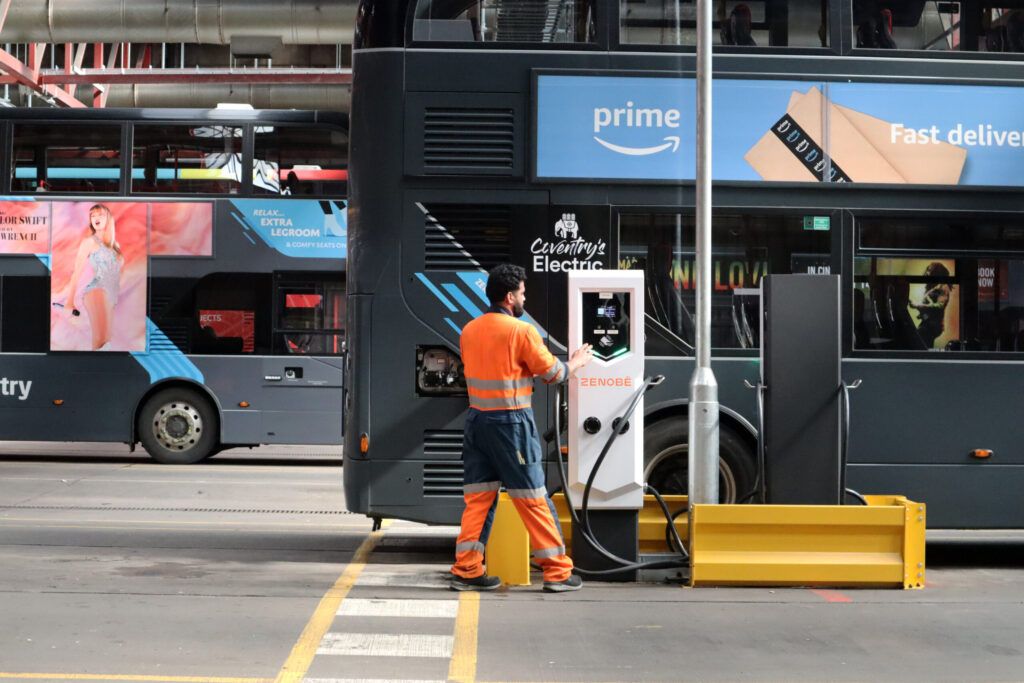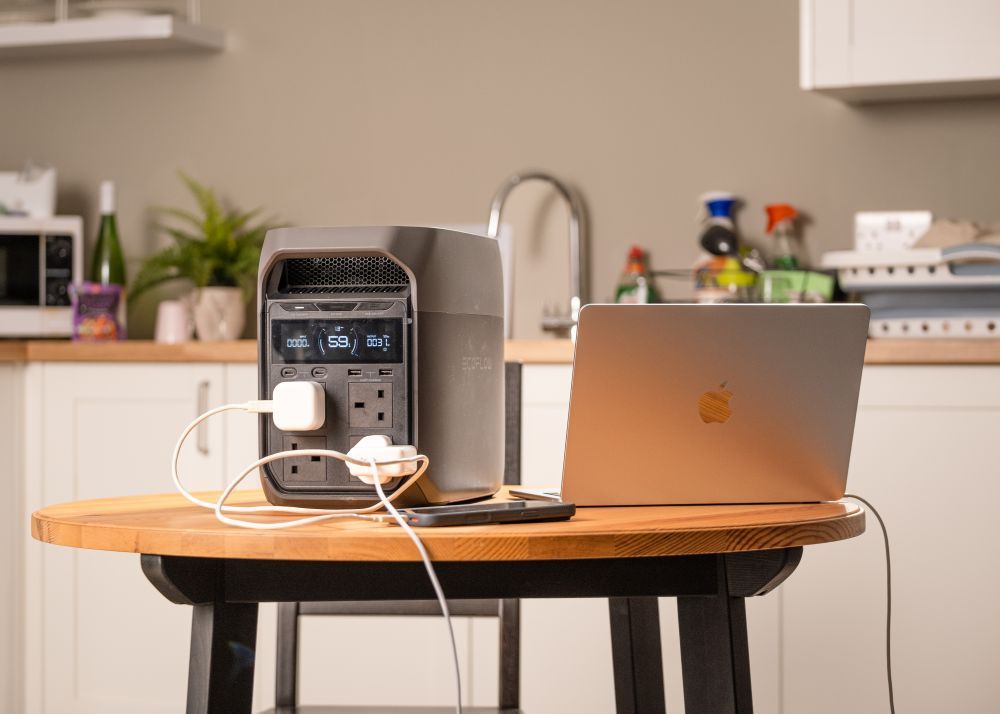Ofgem has confirmed ambitious plans to boost investment in local electricity grids needed to support the growth in electric cars, small scale renewables, storage and cleaner forms of heating but has lowered the proportion of money going to network company shareholders in the next price period.
The energy regulator has set out its working assumptions on the financial package that will be applied for the next round of price controls for local electricity networks (DNOs) starting in April 2023.
If applying the methodology using current market rates, Ofgem would set the allowed baseline return on equity at 4.4% CPIH (a 4.65% cost of equity, when taken together with expected 0.25% income from quality / cost incentives). This is on average a third lower than under the previous price control (which is set at 7% cost of equity when adjusted to a comparable basis).
According to the regulator, the new price controls for the DNOs, known as RIIO-ED2, will boost green investment to local networks and drive a major change in the way Britain travels, heats and powers its homes to support government climate change targets.
Ofgem will enhance the role of DNOs to create more flexible local grids that can balance demand and supply for electricity more effectively by connecting more small scale renewables and storage.
In line with the wider RIIO-2 aims of delivering net zero while driving better value for consumers, Ofgem has set the rates of return consistent with current market levels – in line with the average for EU regulators.
Taken together with Ofgem’s other working assumptions, including on debt and depreciation policy, these changes would, all other things being equal, reduce companies’ average annual revenues compared to current levels. Such changes would lower network charges on bills by around 9%, or around £2billion, over the RIIO ED2 period compared to current arrangements. Ofgem says this will help ensure the networks can support the new investment needed to support net zero carbon emissions while keeping energy bills affordable for consumers.
Jonathan Brearley, Ofgem’s chief executive, said: “Our price control for local electricity networks paves the way for turning Britain’s streets green, unlocking the investment needed to support the UK, Scottish and Welsh Government climate change targets, particularly around the electrification of transport.
“We’re driving local electricity networks to help make sure that every watt of energy produced from plant to plug is better used, for example by ramping up their use of battery storage, saving bills and the planet.
“At the same time, these financial arrangements will significantly cut investor returns to make sure consumers pay a fair price for energy whilst networks attract the investment they need to be safe and green.”
The Price Control drives DNOs to be proactive in ensuring the local grids are ready to cut greenhouse gas emissions, as they are best placed to know where new investment is needed to accommodate increasing demands. However, in preparing their spending plans they will be required to maximise network capacity through existing and new technologies that provide system flexibility, such as battery storage or smoothing peaks in demand, that can limit the need for expensive new network capacity.












